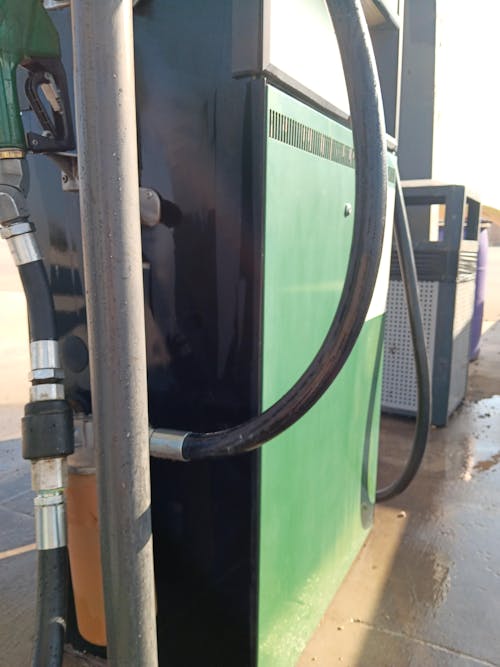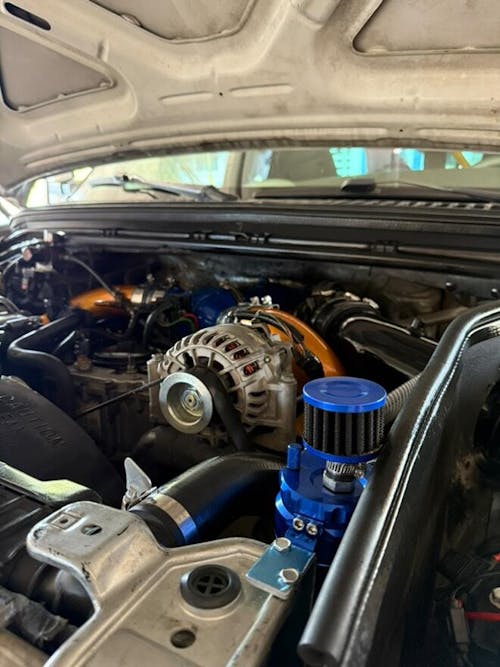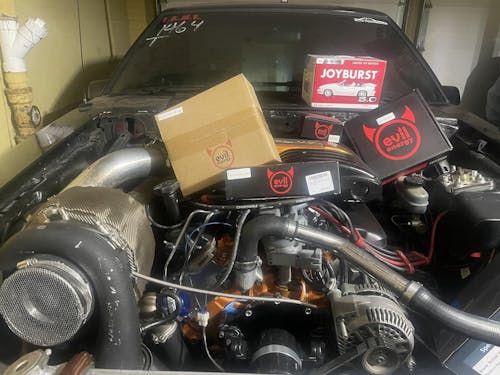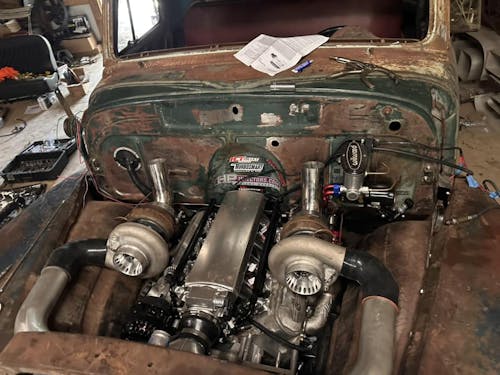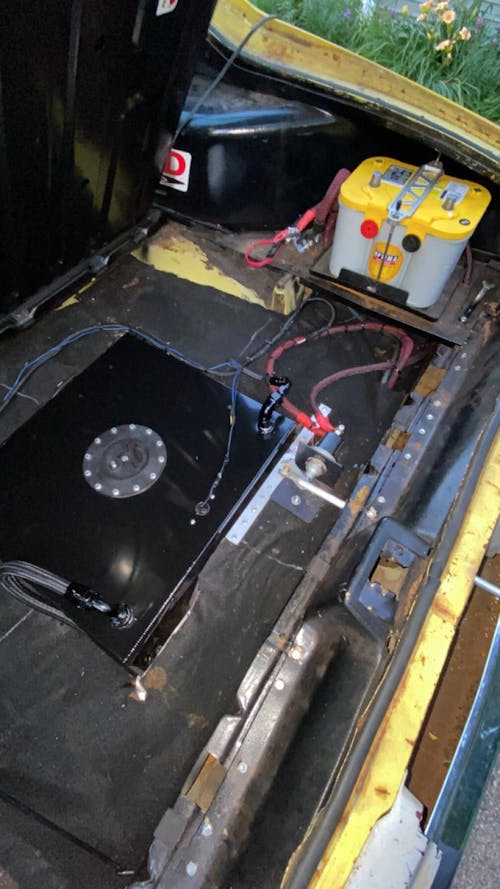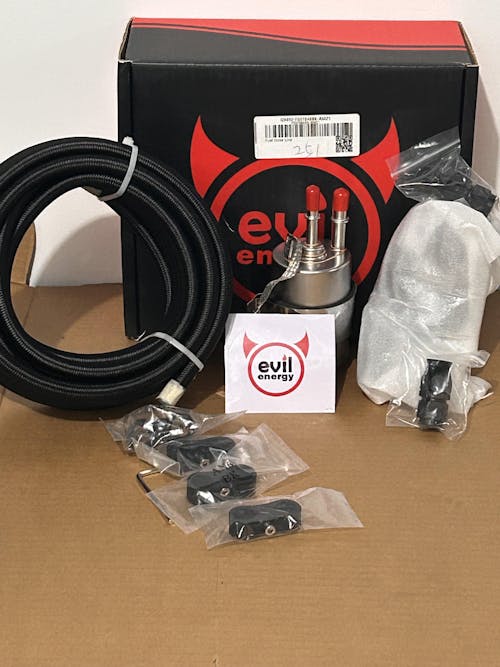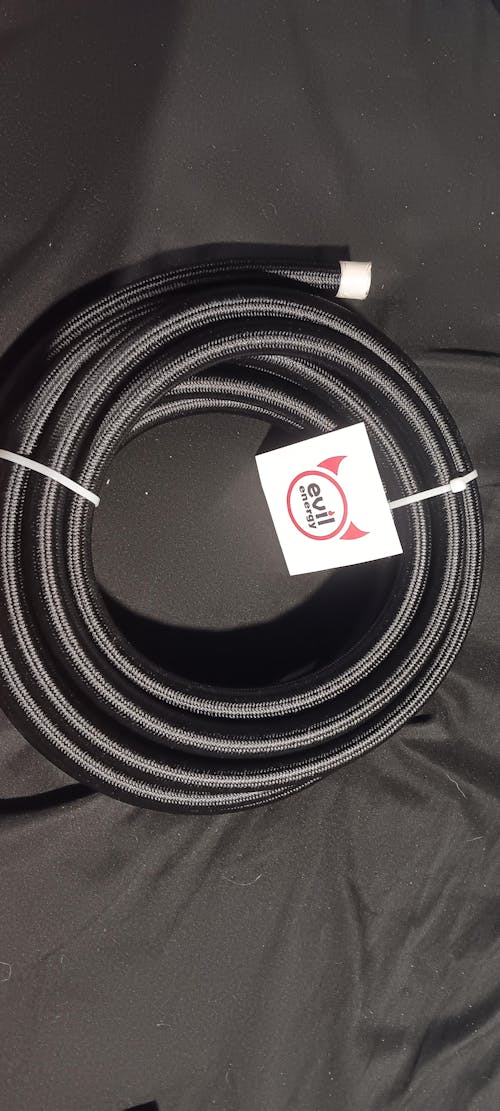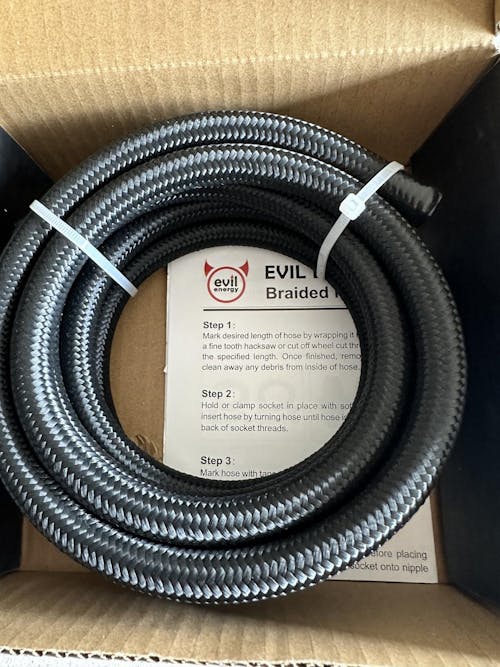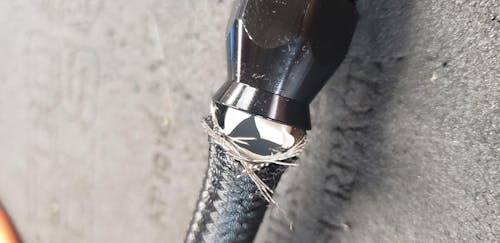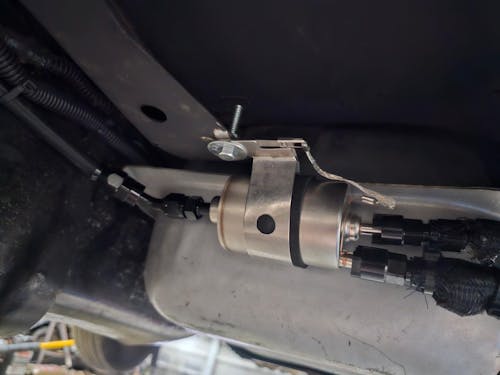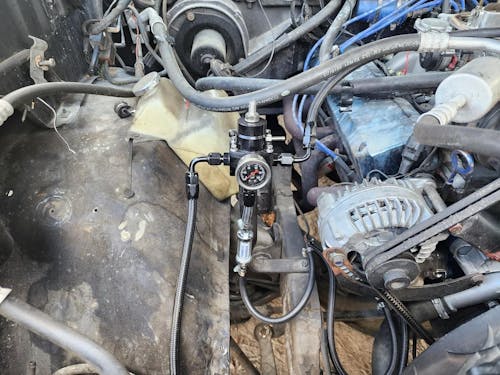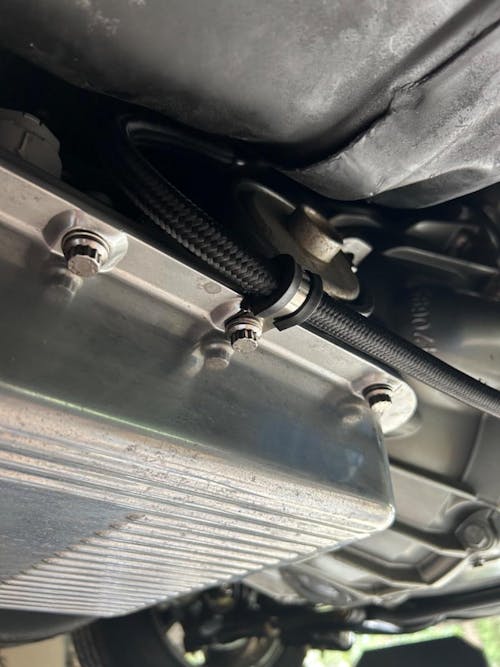How to Clean Your Fuel Filter: A Step-by-Step Maintenance Guide
Maintaining your vehicle's fuel filter is crucial for optimal engine performance and longevity. In this comprehensive guide, we’ll cover the role of the fuel filter, how to identify when it needs cleaning or replacement, the proper steps for maintenance, and safety precautions.
Understanding the Role of the Fuel Filter
Functionality and Importance
Fuel filters play a vital role in protecting your engine from contaminants. These filters remove harmful impurities like rust, dirt, and water from the fuel before they reach the engine. By preventing debris from entering critical engine components, fuel filters help maintain smooth performance, reduce wear on the fuel pump, and extend the life of the fuel injection system.
The pleated design of fuel filters increases the surface area for filtration, ensuring efficient fluid flow while capturing particles effectively. Regular maintenance, including cleaning or replacing the fuel filter, is necessary to keep your fuel system functioning optimally and to ensure peak vehicle performance.
The Essentiality of a Clean Fuel Filter
Protection Against Contaminants
A clean fuel filter is essential for protecting your engine from contaminants such as dirt, rust, and water. Over time, accumulated debris can clog the filter, reducing fuel flow and causing the engine to work harder. This can lead to poor performance, stalling, and decreased fuel efficiency. Regular cleaning or replacement ensures that only clean fuel reaches the engine, helping prolong its life and improve fuel economy.

By maintaining a clean fuel filter, you also prevent engine misfires, rough idling, and failure to start, all of which can be caused by a clogged filter. Replacing or cleaning the filter on time is crucial to keeping your car running smoothly and efficiently.
Identifying When Your Fuel Filter Needs Attention
Recognizing the signs of a clogged fuel filter is key to preventing engine problems. Symptoms to look out for include:
- Engine stalling: If your engine stalls unexpectedly, it could be a sign of fuel flow issues caused by a clogged filter.
- Rough idling: Difficulty in maintaining a steady idle could indicate a blockage in the filter.
- Decreased acceleration: A drop in engine responsiveness when accelerating may point to a fuel restriction caused by a clogged filter.
- Poor fuel economy: Reduced mileage can also be a result of an inefficient fuel filter.
If you notice any of these signs, it's time to inspect or replace your fuel filter.
Steps to Diagnose Fuel Filter Issues
To diagnose potential fuel filter issues, follow these steps:
- Visual Inspection: Look for any visible signs of dirt or discoloration on the fuel filter. Discoloration may indicate that the filter is clogged and needs attention.
- Use Diagnostic Tools: A pressure gauge can help identify deviations in fuel flow or pressure, which are often signs of a blocked filter. These tools can give you a clearer understanding of the filter's condition.
If you're unsure about the filter’s condition, it's best to consult a mechanic.
How to Clean and Maintain Your Fuel Filter
Cleaning Process
Cleaning a fuel filter can be done in a few simple steps:
-
Locate and Remove the Filter: The filter is typically located between the fuel tank and the engine. Refer to your vehicle's manual for exact location and instructions on how to remove it.
-
Clean the Filter: Use a special fuel filter cleaning spray to clean the filter. Spray from both ends to remove any accumulated dirt and debris. Be thorough in your cleaning to ensure that no particles are left behind.
-
Allow the Filter to Dry: After cleaning, let the filter air dry completely. This may take about an hour depending on the filter material.
-
Reinstall the Filter: Once dry, reinstall the filter according to the manufacturer's instructions. Ensure it is securely fitted to avoid leaks.
If the filter is heavily clogged or damaged, replacement is the better option. Always follow the manufacturer’s guidelines when replacing the filter.
Fuel Filter Cleaning vs. Replacement: Making the Decision
Deciding whether to clean or replace your fuel filter depends on several factors:
- Extent of Contamination: If the filter is severely clogged or damaged, cleaning may not be effective. In such cases, replacement is recommended.
- Frequency of Maintenance: In areas with poor-quality fuel, filters may need to be replaced more frequently. Cleaning may be a temporary solution, but frequent replacements are often necessary for optimal engine health.
- Cost vs. Long-Term Benefits: While cleaning is more cost-effective, replacing the filter ensures better overall engine protection and longevity.
Inspecting your filter regularly will help you make the right decision between cleaning or replacing it.
Safety Precautions for Fuel Filter Maintenance
When performing fuel filter maintenance, safety should always be your top priority:
- Protective Gear: Always wear gloves and safety goggles to protect your skin and eyes from harmful chemicals and debris.
- Ventilation: Work in a well-ventilated area to avoid inhaling any harmful fumes from the fuel.
- Proper Disposal: Dispose of fuel and any waste products in accordance with local regulations to prevent environmental contamination.
Taking these precautions will ensure both your safety and the safe operation of your vehicle.
Seeking Professional Assistance
When to Consult a Mechanic
If you're not comfortable performing fuel filter maintenance yourself or if the filter is difficult to access, consulting a mechanic may be the best option. Mechanics have the specialized tools and expertise to inspect, clean, and replace fuel filters effectively.
If your vehicle shows signs of more complex issues, such as poor fuel flow or persistent engine problems, a mechanic can diagnose and address the root cause to prevent further damage.
Conclusion
Regular inspection and cleaning of the fuel filter are essential for maintaining a healthy engine and prolonging the life of your vehicle. If you notice any signs of poor performance or clogging, don't hesitate to address the issue promptly. Whether you choose to clean or replace the filter, timely maintenance ensures your car runs efficiently, providing you with better fuel economy, smoother performance, and a longer-lasting engine.
By staying on top of fuel filter care, you’ll keep your vehicle in peak condition for years to come.


![EVIL ENERGY 4/6/8/10AN PTFE Fuel Line Kit | E85 Nylon Braided Hose | 16/20FT Black Black with Comprehensive Fittings [20FT]](http://www.ievilenergy.com/cdn/shop/files/Test-2025-Evilenergy-125598065_165x.png?v=1739239236)
![ptfe hose fitting kit [16FT]](http://www.ievilenergy.com/cdn/shop/files/Test-2025-Evilenergy-125598171_165x.png?v=1739239236)
![CPE Fuel Line[25FT]](http://www.ievilenergy.com/cdn/shop/files/25FTCPE_FuelLine_165x.png?v=1735220649)
![CPE Fuel Line[20FT]](http://www.ievilenergy.com/cdn/shop/files/20FTCPE_FuelLine_165x.png?v=1735220649)

